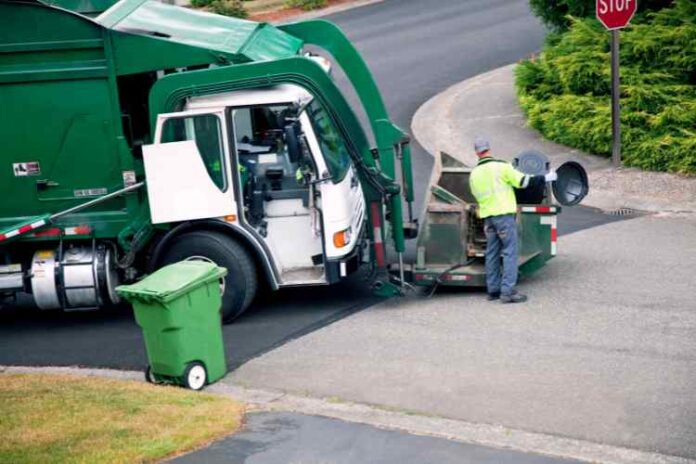Singapore is a city-state that is renowned for its clean and green environment. However, as the city continues to grow and develop, effective waste management has become an even more critical issue. Waste disposal services in Singapore have become indispensable components of the country’s efforts to achieve a clean and sustainable environment. These services aim to reduce the amount of waste sent to landfills and incineration plants while generating energy and recovering valuable materials. In this article, we will provide an overview of the waste disposal services available in Singapore and their role in promoting a sustainable future.
Municipal waste collection is one of the most critical waste disposal services in Singapore. The National Environment Agency (NEA) oversees this service, which is responsible for collecting and disposing of household waste, such as food waste and non-recyclable materials. This collected waste is transported to waste-to-energy incineration plants, where it is incinerated, generating electricity for the city. This system not only reduces the amount of waste sent to landfills but also produces energy for Singapore.
Another waste disposal service that is becoming increasingly popular in Singapore is e-waste recycling. With the rapid pace of technological advancement, electronic waste is becoming a significant problem globally. E-waste recycling services in Singapore from Tidy Maintenance & Engineering Pte. Ltd. collect and process discarded electronics, such as computers, mobile phones, and televisions, ensuring that they are recycled or disposed of safely. These services also help to recover valuable materials such as gold, silver, and copper from these electronics.
Commercial waste collection is another essential waste disposal service in Singapore. Commercial waste includes waste generated by businesses and industries, such as construction waste and hazardous waste. Commercial waste collection services ensure that this waste is safely collected and disposed of in accordance with the relevant regulations. It is crucial to handle hazardous waste appropriately to prevent harm to the environment and public health.
In addition to waste disposal services, Singapore has a range of waste management solutions. One such solution is waste segregation, where waste is sorted into different categories such as recyclable, non-recyclable, and hazardous waste. This helps to minimize the amount of waste sent to landfills and incineration plants. Waste segregation also makes it easier to recycle materials such as paper, glass, and plastic.
Another waste management solution is waste reduction through the use of reusable products such as bags, containers, and utensils. This helps to reduce the amount of waste generated, which in turn reduces the strain on waste disposal services. Singapore’s government has implemented policies that encourage the use of reusable products. For instance, in 2019, the government introduced a plastic bag charge in supermarkets to reduce plastic waste.
Despite the efforts to promote sustainable waste management, Singapore still faces challenges. One of the biggest challenges is changing people’s behaviour regarding waste disposal. Many Singaporeans still dispose of waste improperly, such as littering or throwing away recyclable materials. Education and awareness campaigns are necessary to encourage people to adopt more sustainable waste management practices.
Another challenge is the limited space available for waste disposal. Singapore is a small island city-state with limited land area, and finding suitable locations for landfills or waste-to-energy incineration plants is becoming increasingly difficult. The government is exploring alternative solutions, such as increasing recycling rates and reducing waste generation, to address this issue.
Singapore’s waste disposal services and waste management solutions are essential in promoting a sustainable environment. The city-state has made significant strides in reducing its waste output through innovative solutions and the use of technology. For instance, Singapore’s Semakau landfill, which was built on an offshore island, has been engineered to minimize its environmental impact. The landfill is designed to capture landfill gases such as methane, which is a potent greenhouse gas, and convert it into electricity.
In conclusion, waste disposal services and waste management solutions play a vital role in Singapore’s quest for sustainability.


